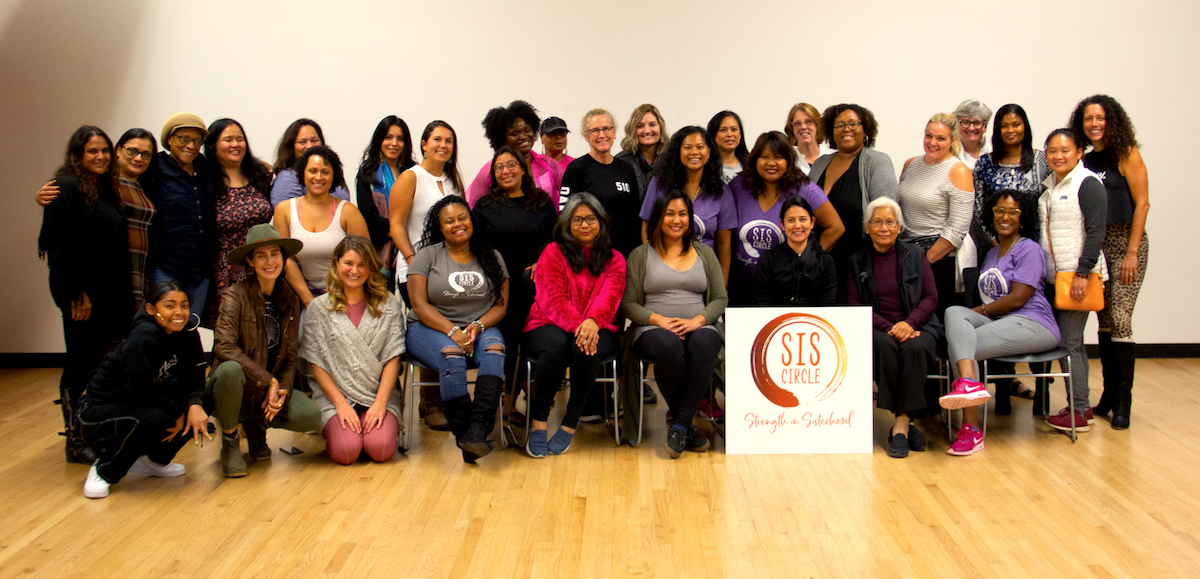I thought that a chameleon changes its colors because it was hiding or afraid. A cursory internet search proves this theory to be incorrect. The chameleon knows when it needs to be seen and when it needs to be unseen. Hiding in plain sight or blending into the background until the time comes to reveal itself.
Are we so unlike the chameleon? There is such a similarity in needing to be something different when the time suits us. We can’t be everything to everyone, although we try in moments where we have to.
It’s not so much just a physical change. The chameleon can literally change its skin with the weather. Humans, while we try to change so quickly, there are other elements involved. Like the chameleon, the weather can make us change into a sweater, but can it change our way of existence so quickly? For the chameleon, a quick change can save their lives. Human beings call that code-switching in some places.
Unlike the chameleon, however, our changes are not realized or fully recognized instantly. They come over time from environmental changes, with mood changes, and with the change of circumstances. It may take some time to look in the mirror and see that you lost weight, but the difference is there. Social changes take more work. They take a more collaborative effort. How many people are involved with these changes? Are we influenced by other people? The conversations that we have change us. The words people use affect our moods. The ability to realize that there is an experience that is not your own may change your perspective.
What can we learn from the chameleon?
Be ready for change. It is the only thing that is consistent in the world we live in. We have to be open to the possibility that we may be challenged with a new idea or concept. Ask questions about the idea, learn more on your own, and make changes that you feel safe to do so without compromising your authentic self.
Recognize that something around you is changing. There are times when it’s okay to blend into the background and be still. There are other times when you will need to act and move faster than you would like If you feel it happening, ignoring it doesn’t mean that it’s not changing. It only means that you aren’t participating in the actions.
Acknowledge your feelings around what is changing. If the change is something you disagree with, remember what your core values are and what emotion is rooting that disagreement. Are you disagreeing because you are afraid? Are you in disagreement because it’s unfair or wrong? Take some time to sit with your reasons why.
Finally, not all change has to happen overnight. Some are slow and give you time to grow into what is occurring around you. Others are external adjustments to our lives and we have to adapt who we are at our core to meet the needs of those changes. Whatever your response to change, it is happening.
Be the chameleon, Sis.








